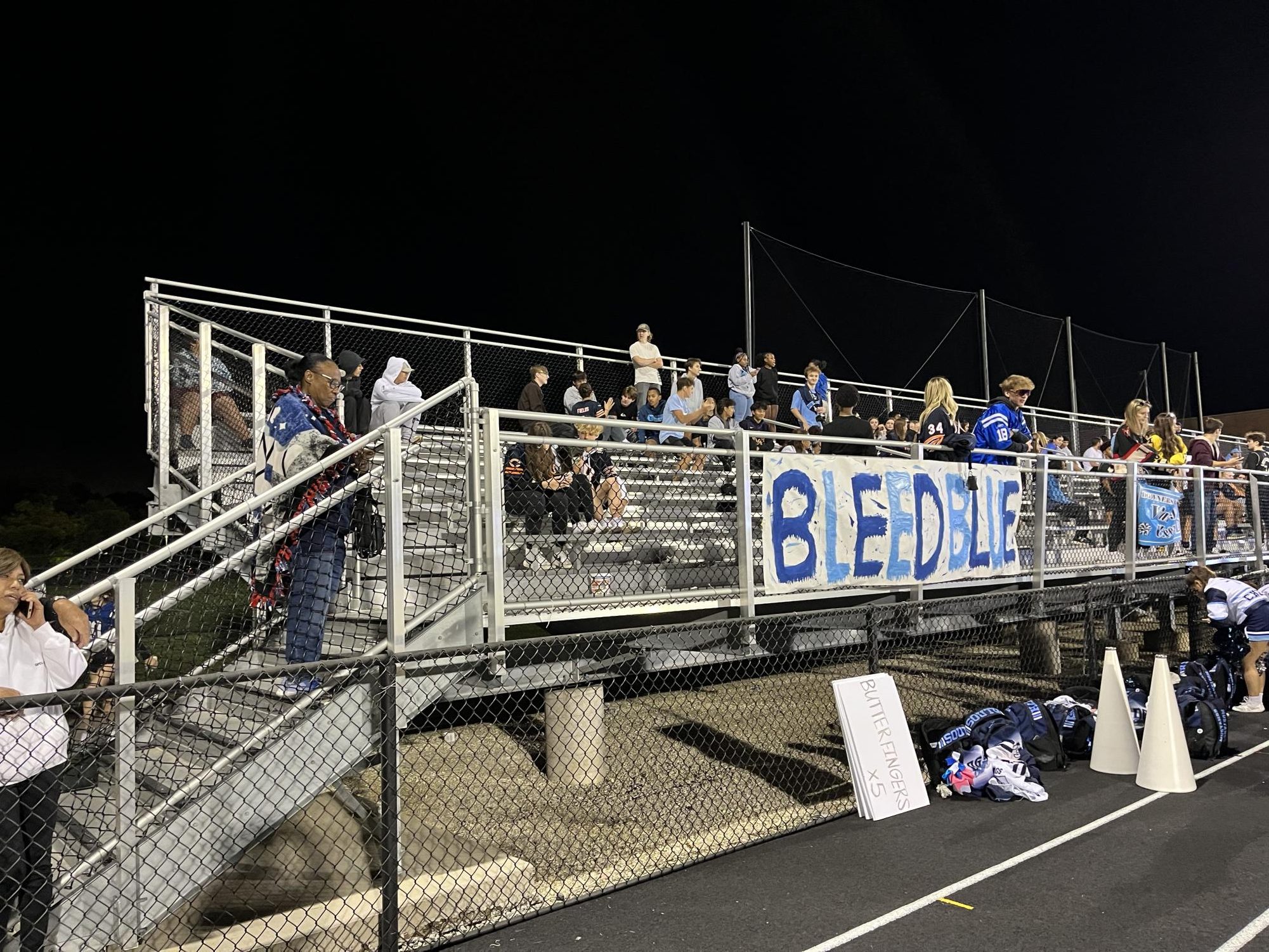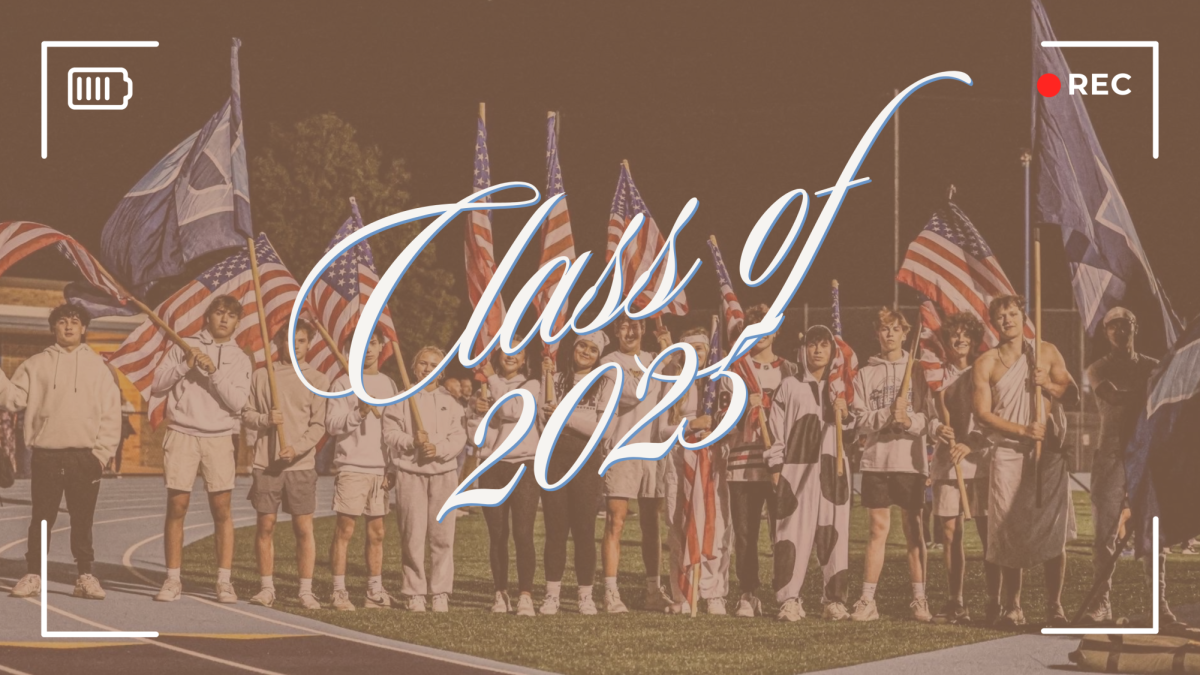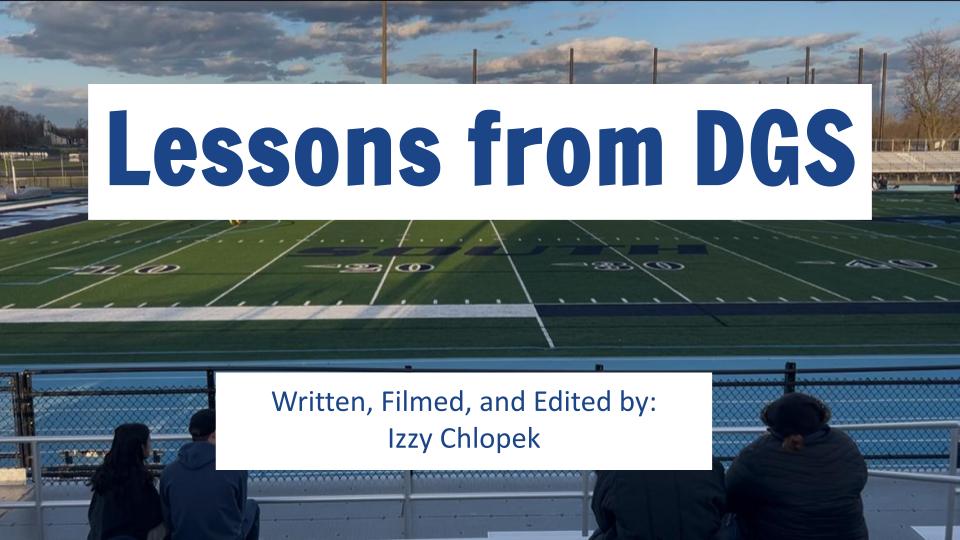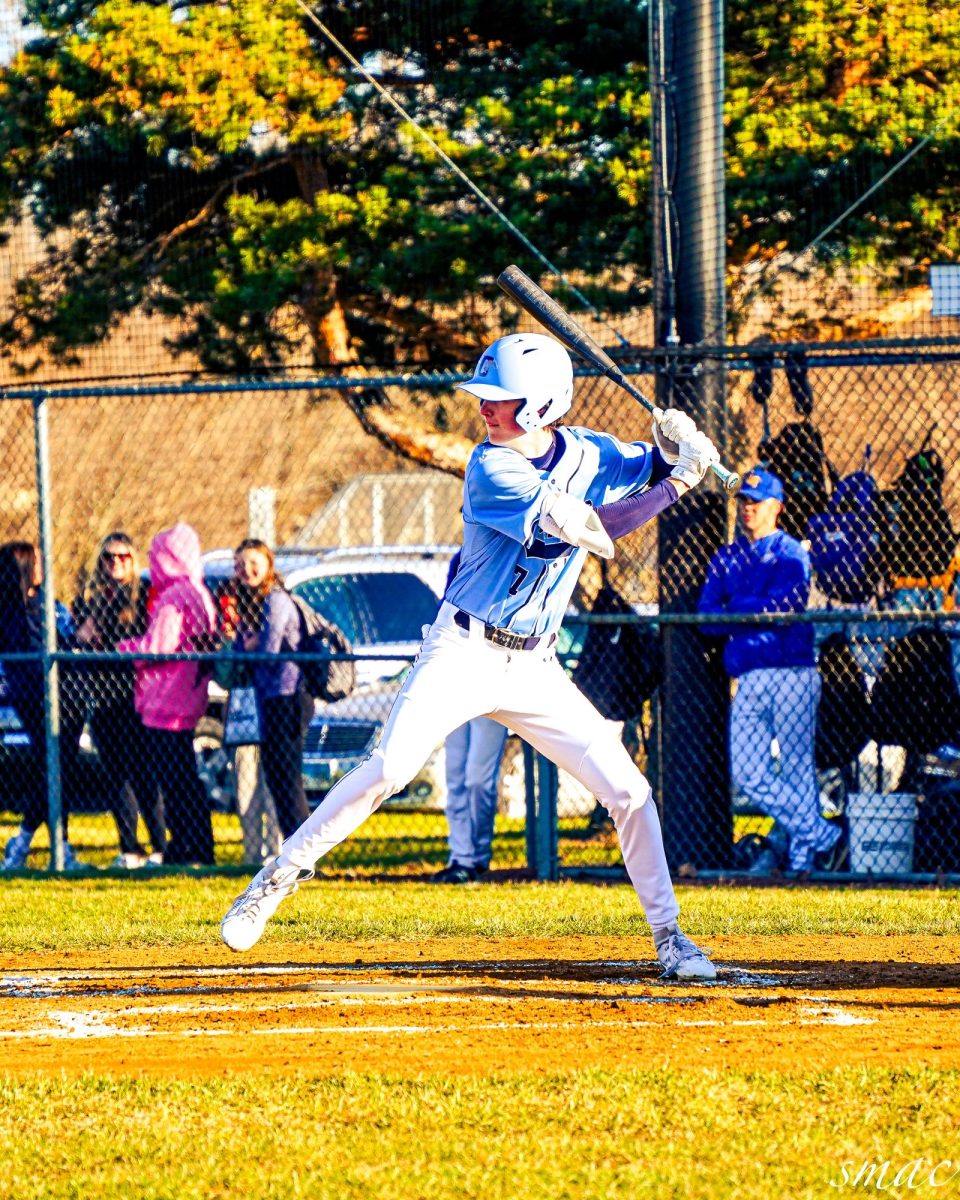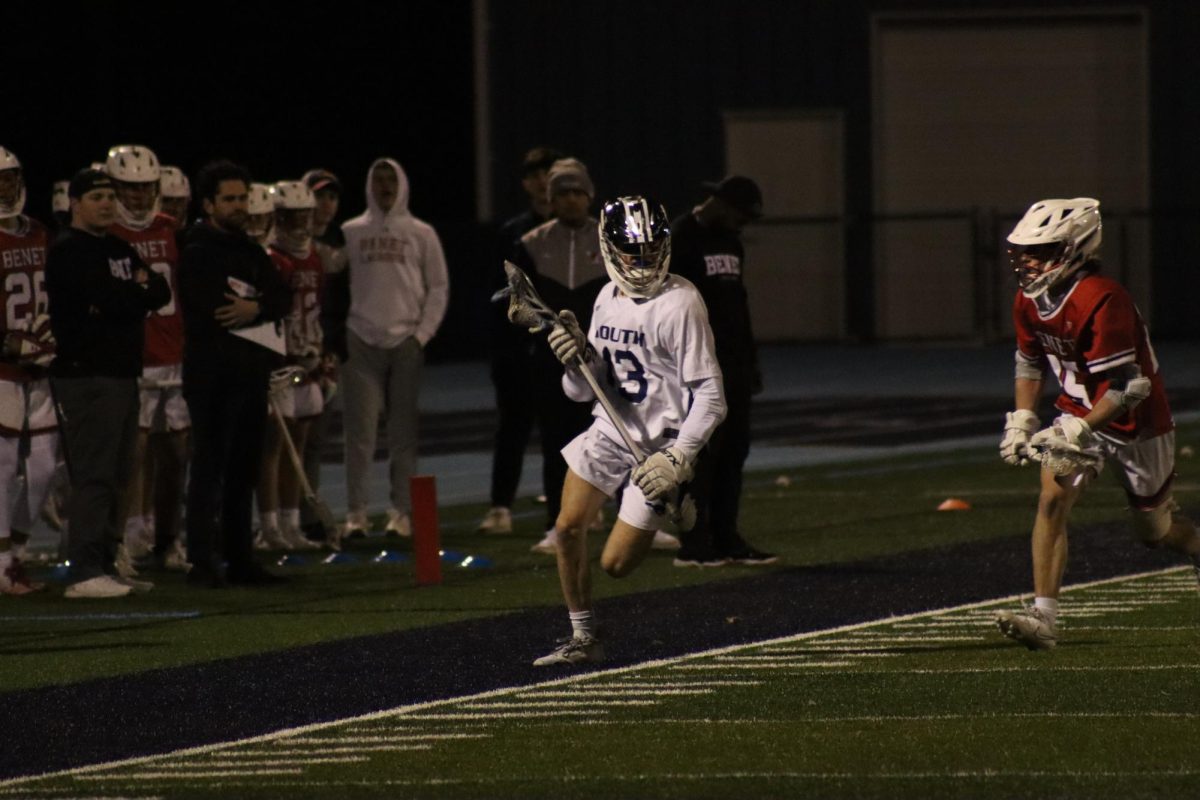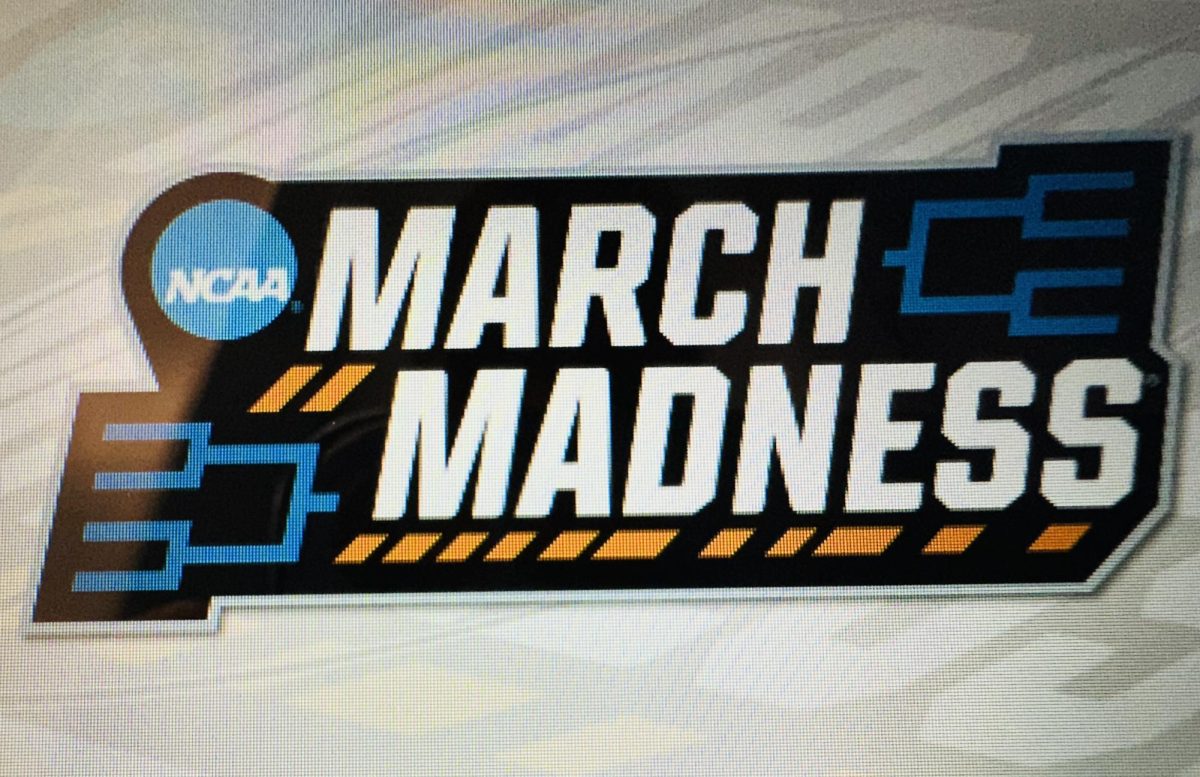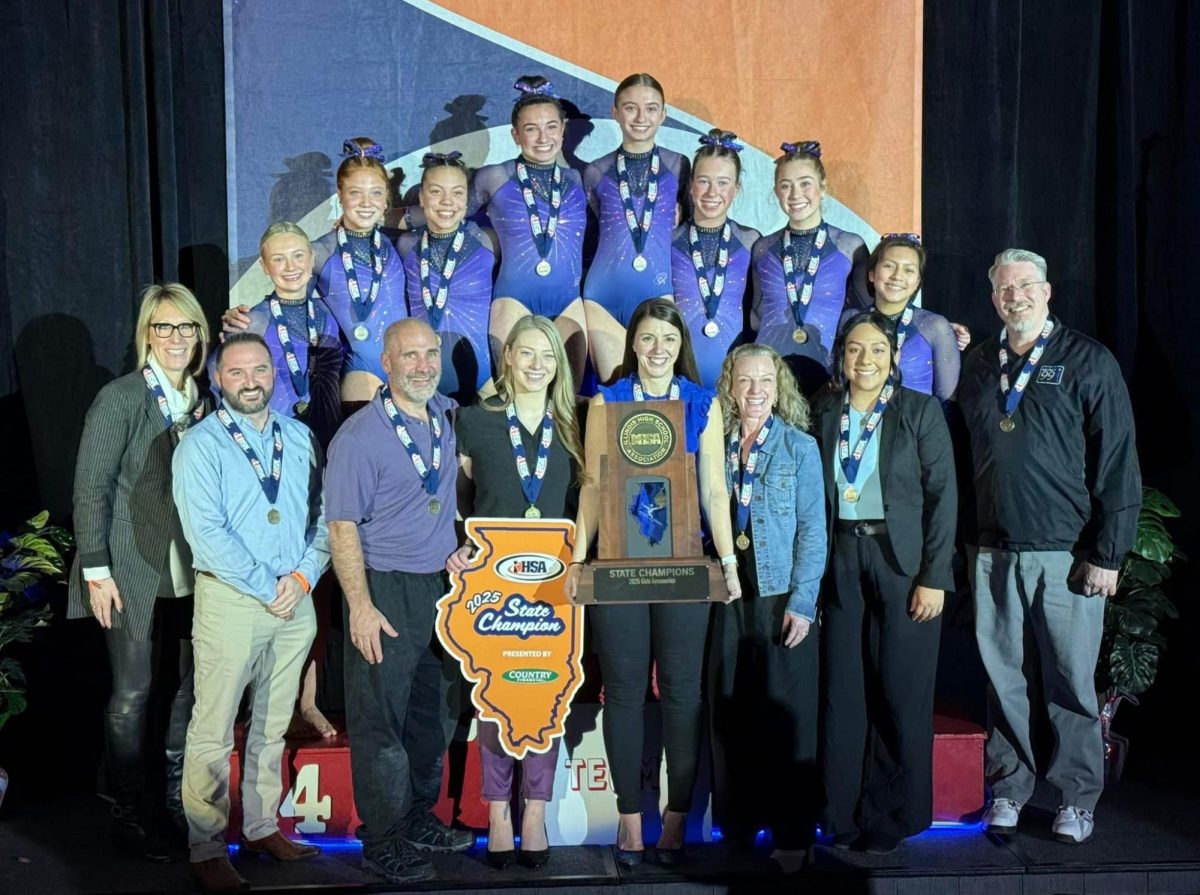For many high school students, fall nights are defined by one thing–football. Athletes have waited all year to step onto the turf wearing varsity numbers, cheerleaders have spent months practicing routines and students have raided the shelves of Target to compose the perfect game-day outfit. The sun sets and the stadium lights flash on, revealing a student section filled to the brim and a football team ready to dominate.
And for 24 minutes, everything is perfect. Until halftime hits and the entire student section clears out, leaving the stands quiet and bare.
“It feels like we have no purpose,” junior and varsity cheerleader Ivy Bloomfield said. “Honestly it’s really demotivating to be cheering and smiling when there’s no one in the stands to see us.”
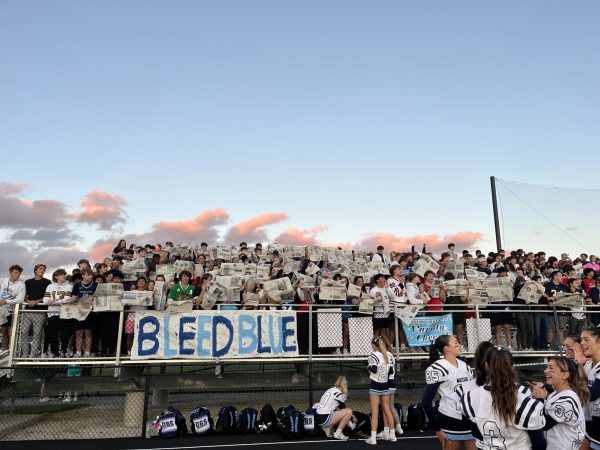
The cheerleaders aren’t the only ones affected by this lack of spirit. Football players also struggle mentally when they don’t hear their peers cheering them on. Senior football captain and center Jonny Klaeren commented on how challenging it is to stay positive in this situation.
“As soon as I see a student section wipe out, all the energy is lost, and then even my team starts to die down. Even when we score a touchdown, it kind of just feels blank, like nothing really happened,” Klaeren said.
This isn’t an isolated issue. Research has shown that a decline in school spirit is a problem on the national level. According to a study conducted by Varsity Brands, 70% of students claimed to have school spirit in 2014, while only 61% do in 2024.
Physical education teacher Adam Petersen is a sponsor of Superfans, the club in charge of organizing the student sections for all DGS sports. He believes the football players are more successful when the student section is alive.
“Having their friends in the stands helps to motivate them. I feel like there’s a direct correlation of on-field performance and the atmosphere in the student section,” Petersen said.
There are several reasons why fans may leave a game at or before halftime: little interest in the game of football, a lack of investment in the team, social exhaustion or the thought of something more exciting to do on a Friday night.
“Sometimes when I look up in the stands, people aren’t even watching the game. They’re just on their phones. And then they think they have other things to do, then they all end up home, and they might as well just be at the game,” Bloomfield said.
Senior Jadynn Bruce explained why she and her friends often leave games after the halftime performance.
“I love going out and supporting our school, but I’m not the hugest football fan, so I don’t always find it as interesting to stay. I found that a lot of underclassmen take over the student section and are disrespectful to the upperclassmen who’ve been waiting years to get in the front. I’ve waited my turn to be in the front, and I’m not even halfway there,” Bruce said.
Football players and cheerleaders aren’t the only ones who benefit from a packed stadium; students themselves can have a better high school experience by showing up for sporting events. Possessing and demonstrating school spirit can improve mental health, academic performance, school involvement, self-esteem and overall well being.
Senior Izzy Chlopek is a member of Superfans-who attends the entire game-and explained how worthwhile football games can be.
“My biggest thing is how fun they are. Even when I was just a freshman, I remember seeing the seniors that year and being like ‘I want to be one of them.’ I want everyone to be excited for the games and just have a good time every Friday night,” Chlopek said.
Little kids grow up looking forward to attending high school football games. They, along with other school-sponsored events, add excitement to the year.
“If you’re involved in this school and have a lot of school morale, the whole community just becomes more fun. If you don’t care about the football team, you don’t care about the basketball team, school is just a place you take classes, and it makes coming to school more miserable. It’s good to have something to look forward to, and it’s good to connect to the people in the community,” Bloomfield said.
Chlopek also commented on the confidence boost a cheering crowd can provide, which can give DGS teams an edge in competition.
“I feel like it shows the other school how much power we have. It just makes us seem so much stronger,” Chlopek said.
Friday night lights has always been one of the most-anticipated school events, and some people are worried that a lack of participation at football games is reflective of the support and spirit shown towards other activities.
“Everything Mustang and DGS pride is important,” Petersen said. “Football runs sports in general, and if we can’t support the football team through a full game, then I feel like it trickles down and shows how we’re not supporting the basketball team and then the swim team and even some of our fine arts.”
As an athlete working hard on Friday nights, Bloomfield has a message for students next time they think about leaving games before the final buzzer sounds.
“Just stay for the other half,” Bloomfield said. “It’s really only an extra hour, and you can do whatever you’re going to do later. Just stay, give the support, be the motivation and be a good person.”



